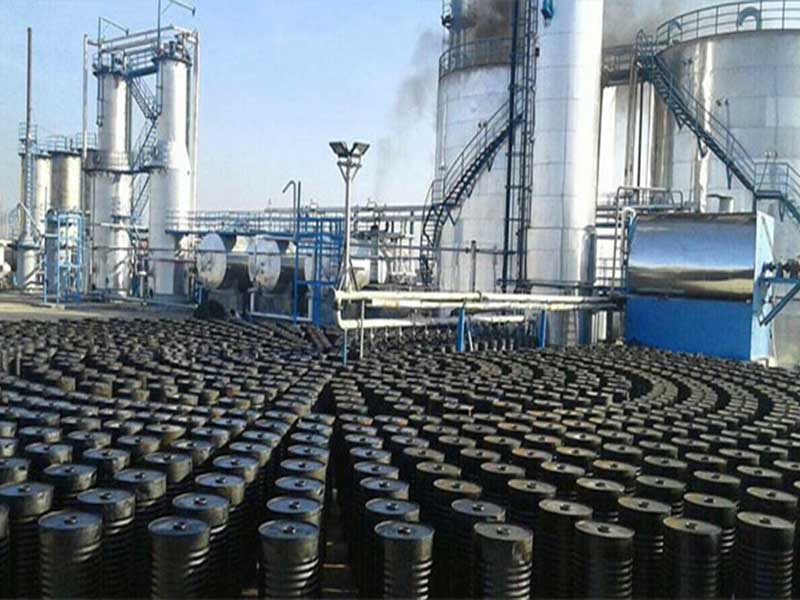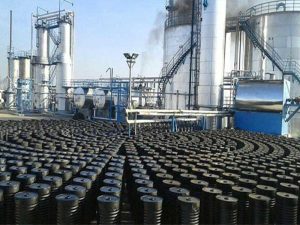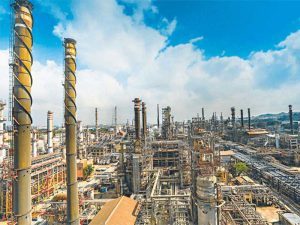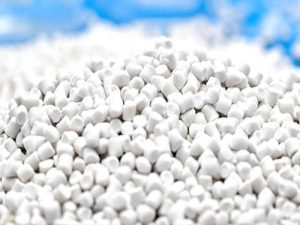Bitumen, often referred to as “nature’s black gold,” plays a vital role in modern infrastructure and industrial applications. Derived primarily from crude oil, this versatile substance is known for its adhesive and waterproofing properties, making it indispensable in road construction, roofing, and beyond. In this article, we explore the nature of bitumen, its origins, types, applications, and the innovations shaping its future.
Understanding Bitumen: What is It and Why is It Called “Black Gold”?
Bitumen is a dark, viscous, and sticky substance primarily composed of hydrocarbons. It can occur naturally or be produced as a byproduct of refining crude oil. Its nickname, “black gold,” reflects its immense value in infrastructure development, where it is predominantly used as a binder in asphalt. Beyond construction, bitumen’s versatility extends to applications in waterproofing, industrial coatings, and even artistic uses.
The Role of Crude Oil in Bitumen Formation
Bitumen is derived from crude oil through the refining process. During distillation, crude oil is separated into different components based on their boiling points. The heaviest fractions, which do not vaporize under standard refining conditions, are processed further to produce bitumen. Natural deposits of bitumen, such as those found in tar sands, are another source, though their extraction is more complex and energy-intensive.
Different Types of Bitumen and Their Characteristics
Bitumen is not a one-size-fits-all material; its properties vary depending on its source and processing. Below are the primary types:
- Penetration Grade Bitumen: Used mainly in road construction, its consistency is categorized by penetration tests that measure hardness.
- Oxidized Bitumen: Treated with air blowing, it has improved resistance to softening under heat and is used in roofing and industrial applications.
- Cutback Bitumen: This type is diluted with solvents to reduce viscosity, making it suitable for spraying applications.
- Bitumen Emulsion: A water-based form of bitumen mixed with emulsifiers, used for cold applications like road repairs.
- Polymer-Modified Bitumen (PMB): Enhanced with polymers for better elasticity and durability, particularly useful in extreme climates.
Key Applications of Bitumen Across Industries
The primary use of bitumen is in the construction of roads, where it serves as the binding material in asphalt. However, its applications extend far beyond paving:
- Road Construction: Nearly 85% of global bitumen production is consumed in asphalt mixes for roads, highways, and runways.
- Roofing Materials: Bitumen’s waterproofing properties make it a staple in shingles, membranes, and sealants.
- Waterproofing: From building foundations to tunnels, bitumen ensures protection against water seepage.
- Industrial Coatings: Bitumen is used to coat pipes, tanks, and machinery to prevent corrosion and wear.
- Marine Applications: Protective bitumen-based coatings are applied to ships and offshore structures.
Advances in Bitumen Technology: Modified and Emulsified Variants
Innovation has led to the development of specialized bitumen products tailored for specific applications:
- Modified Bitumen: By blending bitumen with polymers, additives, or other chemicals, its performance is improved, particularly in high-stress conditions such as heavy traffic or extreme temperatures.
- Bitumen Emulsions: These water-based formulations eliminate the need for heating during application, reducing energy costs and environmental impact.
- Refined Bitumen: Modern refining techniques enhance the purity and consistency of bitumen, ensuring better performance and longer lifespan.
These advancements not only broaden the scope of bitumen applications but also make its use more sustainable and cost-effective.
The Economic and Environmental Dimensions of Bitumen
Bitumen is a cornerstone of infrastructure development and a driver of economic activity worldwide. However, its production and use pose significant environmental challenges. Extracting bitumen from tar sands, for instance, requires large amounts of water and energy, leading to high carbon emissions. Additionally, improper disposal of bitumen-containing materials can contaminate soil and water.
On the positive side, recycling initiatives, such as reusing asphalt from old roads, are helping to mitigate environmental impacts. Advancements in green bitumen production and the use of bio-based additives are also steps toward reducing the ecological footprint of this essential material.
Bitumen and Sustainability: Balancing Industry Needs with Environmental Concerns
As the demand for bitumen grows, addressing its environmental challenges has become a priority. Researchers are exploring innovative methods to make bitumen more sustainable:
- Recycling Asphalt: Reclaimed asphalt pavement (RAP) reduces the need for virgin bitumen, conserving natural resources.
- Bio-Binders: Alternatives derived from renewable sources like vegetable oils or lignin are being developed to replace traditional bitumen partially.
- Emission Controls: Advanced technologies in refineries minimize greenhouse gas emissions during bitumen production.
Striking a balance between industry needs and environmental responsibility will define the future of bitumen.
Bitumen remains an irreplaceable material in the modern world, driving infrastructure development and industrial progress. Its versatility, durability, and economic significance make it a valuable resource across various sectors. However, its environmental challenges highlight the importance of innovation and sustainable practices. By embracing greener technologies and responsible use, the industry can ensure that bitumen continues to meet global demands while reducing its impact on the planet.






